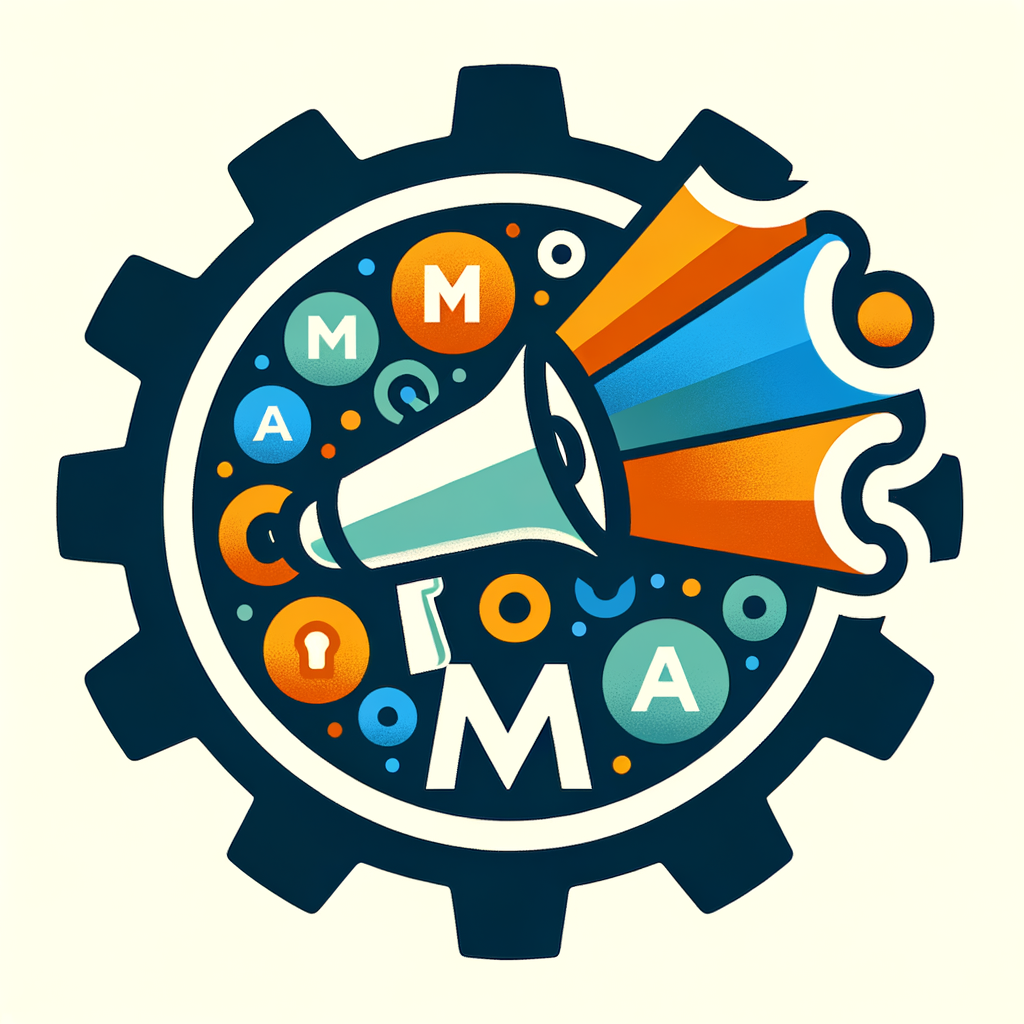What exactly is marketing automation, and how can it help businesses generate more leads?
Marketing automation refers to the use of software and technology to streamline and automate various marketing processes and tasks. It allows businesses to nurture leads, personalize communications, and measure the effectiveness of their marketing campaigns with greater efficiency and precision.
Key Takeaways
- Marketing automation helps businesses generate and nurture leads more effectively by automating repetitive tasks and personalizing communications.
- It enables businesses to capture and track lead data, segment leads based on behavior and demographics, and deliver targeted content at the right time.
- Marketing automation tools provide valuable insights into lead behavior and campaign performance, allowing for data-driven decision-making.
- Successful implementation of marketing automation requires a well-defined strategy, high-quality content, and careful integration with other marketing and sales tools.
Lead Generation and Capture
One of the primary benefits of marketing automation is its ability to generate and capture leads more effectively. By creating targeted landing pages, forms, and calls-to-action, businesses can attract potential customers and gather valuable information about them. Marketing automation tools can then automatically capture and store this lead data, making it easier to manage and follow up on leads.
Lead Nurturing and Scoring
Once leads are captured, marketing automation allows businesses to nurture them through personalized, automated email campaigns and content delivery. By tracking lead behavior, such as website visits, email opens, and content downloads, marketing automation tools can score leads based on their level of engagement and interest. This lead scoring helps sales teams prioritize the hottest leads and focus their efforts on the most promising prospects.
Lead Segmentation and Targeting
Marketing automation enables businesses to segment their leads based on various criteria, such as demographics, behavior, and interests. This segmentation allows for highly targeted and personalized communications, increasing the likelihood of engagement and conversion. By delivering the right content to the right audience at the right time, businesses can improve the relevance and effectiveness of their marketing efforts.
Campaign Management and Reporting
Marketing automation tools provide a centralized platform for managing and tracking marketing campaigns across multiple channels, including email, social media, and website. This allows businesses to monitor campaign performance, measure key metrics, and make data-driven decisions to optimize their marketing strategies. Detailed reporting and analytics capabilities provide valuable insights into lead behavior, campaign effectiveness, and return on investment (ROI).
Integration with CRM and Sales Tools
Effective lead generation and nurturing often require seamless integration between marketing automation and customer relationship management (CRM) systems, as well as other sales tools. By integrating these systems, businesses can ensure a smooth handoff of qualified leads to the sales team, enabling them to follow up promptly and efficiently. This integration also allows for closed-loop reporting, providing visibility into the entire lead lifecycle and enabling continuous optimization of marketing and sales processes.
Content Creation and Management
Marketing automation is heavily reliant on high-quality, engaging content to nurture leads and drive conversions. Businesses need to create a variety of content assets, such as blog posts, whitepapers, case studies, and webinars, to support their lead generation and nurturing efforts. Marketing automation tools often include content management capabilities, making it easier to organize, schedule, and distribute content across various channels and campaigns.
Strategy and Implementation
While marketing automation offers powerful tools and capabilities, successful implementation requires a well-defined strategy and careful planning. Businesses need to clearly define their target audience, buyer personas, and lead generation goals. They should also develop a content plan aligned with the buyer’s journey and establish processes for lead scoring, segmentation, and nurturing. Additionally, proper training and adoption by marketing and sales teams are crucial for maximizing the benefits of marketing automation.
In conclusion, marketing automation has become an essential tool for businesses looking to generate and nurture leads more effectively. By automating repetitive tasks, personalizing communications, and providing valuable insights, marketing automation enables businesses to streamline their lead generation efforts and improve their overall marketing and sales performance. However, successful implementation requires a strategic approach, high-quality content, and seamless integration with other tools and processes. Embrace marketing automation, but do so with a well-defined plan and a commitment to continuous optimization and improvement.
To learn more about how marketing automation can benefit your business and take your lead generation efforts to the next level, explore additional resources, consult with experts, and consider implementing a marketing automation solution tailored to your specific needs.

